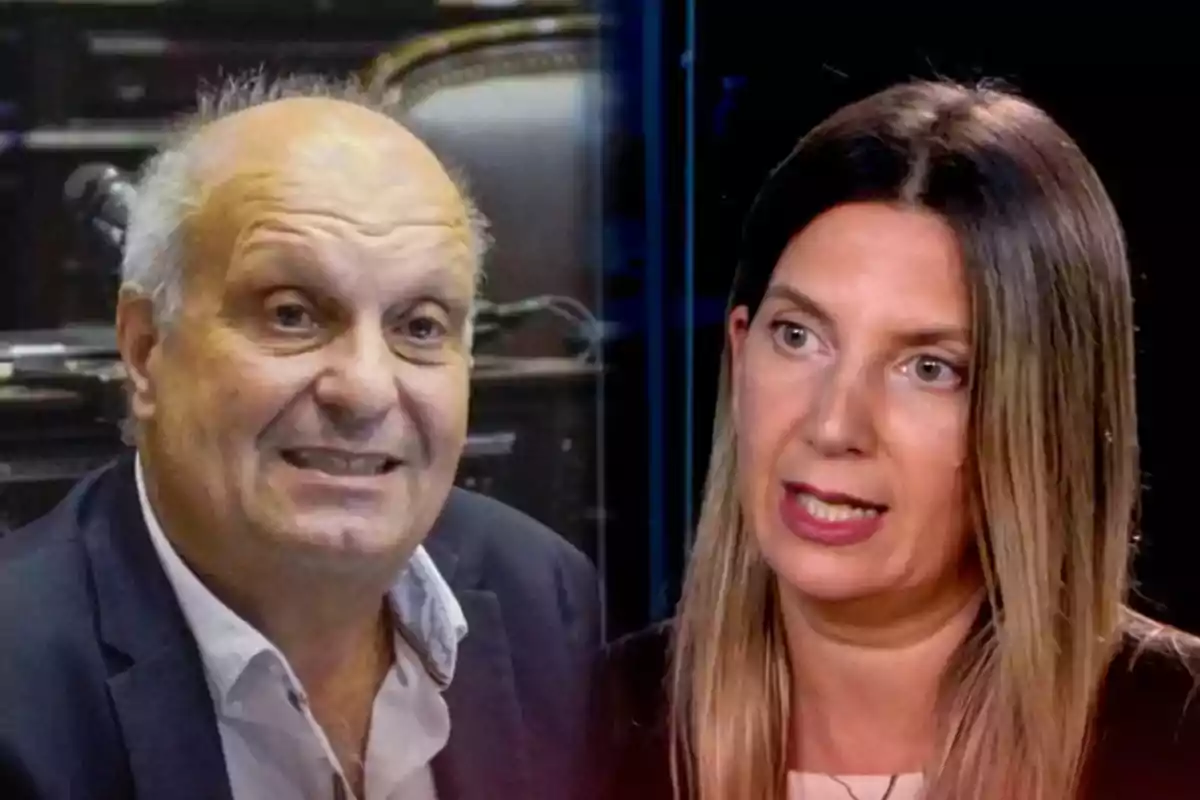
Joaquín Charró, the PRO councilman in Miramar who lives and earns in CABA
He assumed office as a councilman in the municipality of General Alvarado in 2021
Joaquín Sánchez Charró, councilman of the Republican Proposal party (PRO) in the municipality of General Alvarado, headquartered in Miramar, is involved in a controversy upon learning that, despite his political role in this coastal locality, he resides in the Autonomous City of Buenos Aires (CABA) and receives a salary from the Buenos Aires Government under Jorge Macri, belonging to the same party.
Sánchez Charró, a lawyer by profession, assumed office as a councilman in 2021 after a campaign focused on political renewal and local development. However, his decision to maintain his residence in CABA raised questions about his commitment to the residents of Miramar and the transparency in the use of public resources.
Additionally, sources consulted by this medium indicate that Sánchez Charró earns a salary from the Buenos Aires Government, which adds to his allowance as a councilman. This situation generates discontent among the citizens of General Alvarado, who consider that his Buenos Aires residence distances him from the daily issues of the municipality.

The case of Lospennato and Hernán Lombardi
Meanwhile, PRO faces a curious scenario in the legislative elections of CABA on May 18, 2025. Silvia Lospennato, heading the list of candidates for Buenos Aires legislators, and Hernán Lombardi, second on the list, will not be able to vote for themselves, as both have their residence registered in the province of Buenos Aires.
Despite asking for the vote from Buenos Aires citizens, neither of them made the corresponding change of residence to formally integrate into the district they now aspire to represent. Therefore, they do not appear in the electoral roll of the City of Buenos Aires, a detail that highlights a common practice in Argentine politics: changing districts as convenient, without an authentic territorial commitment.

Just like with Joaquín Sánchez Charró, what may seem like an electoral anecdote to many actually reveals a symptom of a politics that often seems to move not by vocation of service, but by convenience.
More posts: